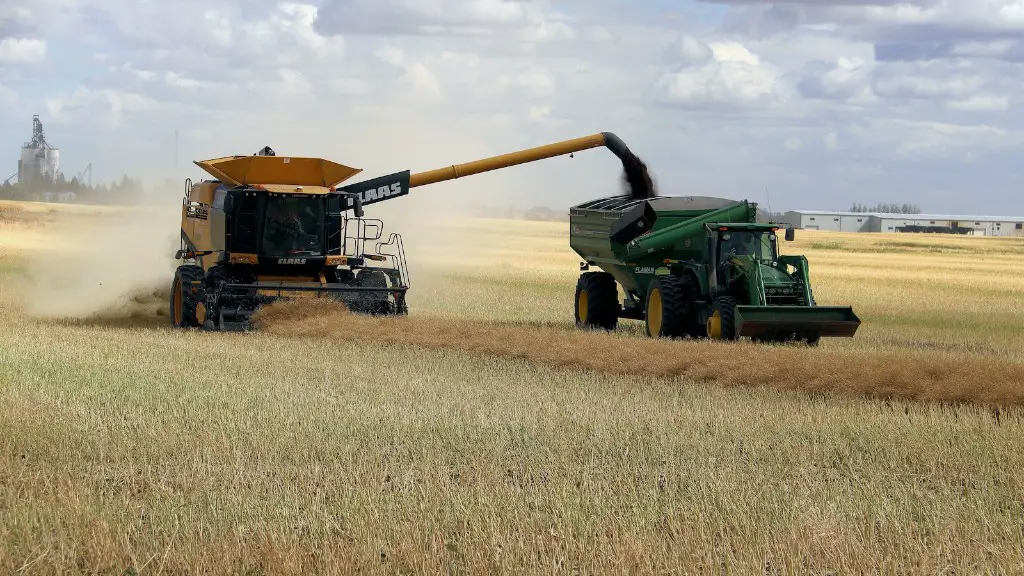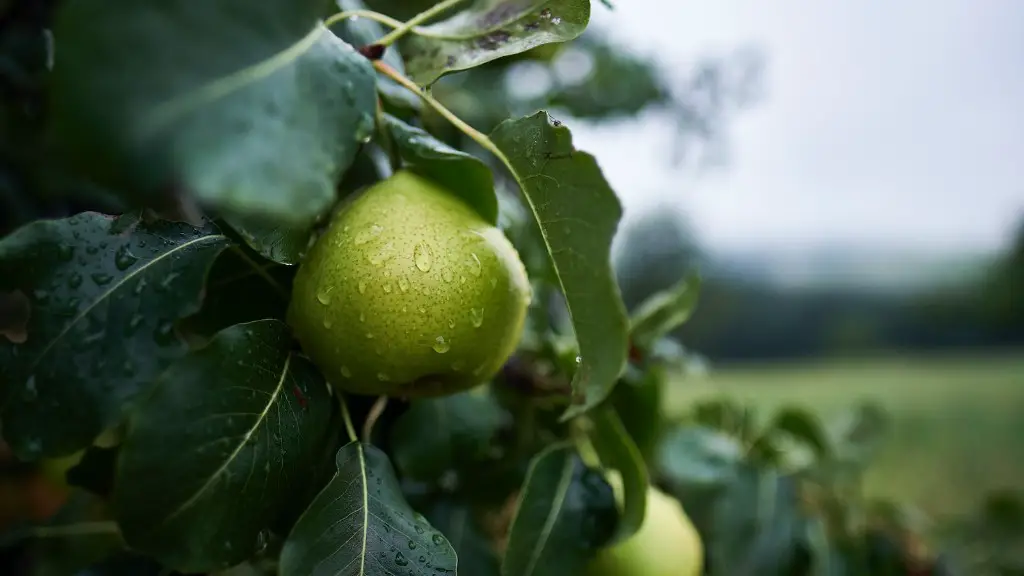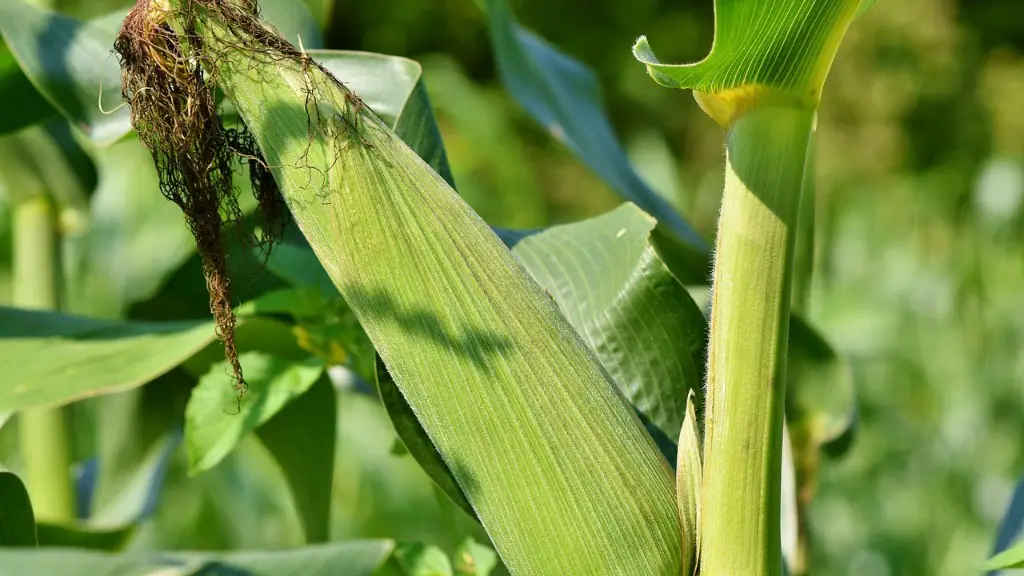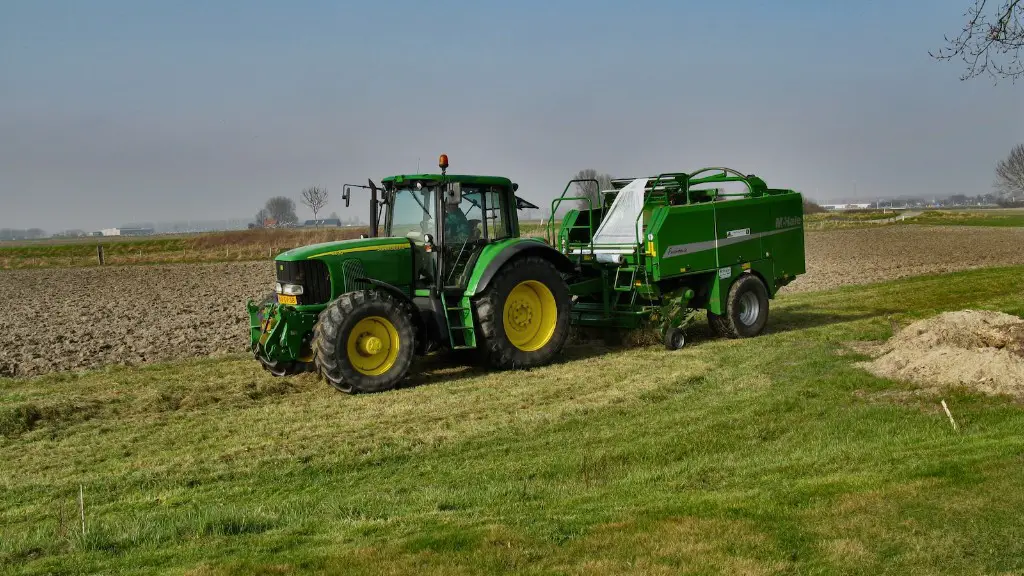The farm manager is responsible for the day-to-day operations of the farm and for ensuring that all activities are carried out in accordance with the farm business plan. The manager is also responsible for the safety of the farm workers and for the welfare of the animals.
A farm manager is an agricultural professional who is responsible for the overall management of a farm. This includes planning and coordinating the production of crops and livestock, as well as the day-to-day management of the farm. The farm manager is also responsible for the financial management of the farm, including budgeting, record keeping, and marketing.
What does the farm manager do?
Agricultural managers play an important role in the food production process, but they typically do not participate directly in production activities. Instead, they hire and supervise farm and livestock workers to do most of the daily production tasks. Managers may determine budgets and decide how to store, transport, and sell crops.
A farm manager needs to have strong decision-making skills in order to make the best decisions for the farm. They also need to have good problem-solving skills to be able to solve any problems that may arise. Good communication skills are also important in order to be able to communicate effectively with employees and other people involved with the farm. The ability to work with people is also important, as the farm manager will need to be able to work well with the employees. Leadership skills are also necessary in order to be able to lead the employees and make sure that they are doing their jobs properly. Finally, the manager should have good administration skills in order to be able to manage the farm effectively.
What are the benefits of a farm manager
Farm managers typically enjoy a wide range of benefits, including 401(k) plans, dental and health insurance, paid time off, and vision insurance. These benefits help to attract and retain talented farm managers, and they provide peace of mind and financial security for those working in this challenging field.
Farm managers play a vital role in ensuring that farms are productive and profitable. They are responsible for making decisions about what crops to grow, how to manage livestock, and how to carry out farming activities. They also supervise other farm staff, plant crops, spray crop protection chemicals, harvest crops, market and sell crops, and keep detailed records. By effectively carrying out these tasks, farm managers can help to improve yields and profitability.
How much is the salary of farm manager?
Farm managers play a vital role in the agricultural industry, overseeing the day-to-day operations of a farm. They are responsible for ensuring that the farm runs smoothly and efficiently, and that crops are harvested in a timely manner. Farm managers typically have a background in agriculture or a related field, and many have several years of experience working in the industry.
There are no qualifications required as standard for agricultural management roles, but many managers have at least a foundation degree/HND in an agricultural, horticultural, land or animal-related subject. This gives them the basic understanding of the sector that they will need to be successful in a management role. However, the most important thing for any agricultural manager is to have a good understanding of the business they are managing, and the ability to make decisions that will improve the profitability of the operation.
What skills are required to be a farm manager?
A farm manager must be able to effectively analyze data in order to make sound decisions for the farm. They must also have the initiative to be proactive and take on new responsibilities as they come up. Additionally, having strong mechanical skills is important for a farm manager in order to maintain and repair farm equipment.
A manager is faced with various problems such as how much fertilizer and irrigation water to use, seed application rates, feeding levels, labour and machinery use, and determination of rates and levels for other inputs. One of the main problems of farm management is trying to achieve optimal output with the minimal inputs while still being profitable. This requires careful analysis and record-keeping as well as continued monitoring and adjustment.
Are farm managers in demand
Jobs that are in demand are those that are needed in the market. This can be due to many reasons such as a new technology, an increase in the population, or a change in the economy. When a job is in demand, it is usually because there is a shortage of people with the necessary skills to do the job. This can lead to higher wages and better job opportunities for those with the right skills.
Working in the food industry is a great way to ensure the health and safety of the food in our country. Not only does this job field offer employment opportunities and competitive salaries, but it’s also great for those who want to live close to home. Having a career with the industry that produces our food is an important way to ensure the quality of the food we eat.
What are examples of farm management?
The use of early maturing crop varieties, efficient scheduling of the sequence of land preparation, planting, and harvesting, use of seedbeds and transplanting operations for intensive land use through multiple cropping, efficient use of irrigation and commercial fertilizer, and selection of chemicals to control insects are all important factors in maximizing crop yields. Implementing these practices can help farmers to get the most out of their land and produce higher yields.
A farm manager is someone who is responsible for the purchase and use of farm inputs, making sure that the animals and crops on the farm are healthy, and ensuring the general security of the farm. This is a very important position, as the farm manager is responsible for the overall success of the farm.
What is the highest paying job in agriculture
There are a number of different jobs in agriculture that can be quite lucrative. Agricultural engineers, for example, design machines and equipment that are used on farms. Agronomists help farmers to optimize their crop production, while agricultural food scientists develop new ways to process and preserve food. Veterinarians play an important role in keeping farm animals healthy, and winemakers are responsible for creating high-quality wines. Farm managers are responsible for overseeing the day-to-day operations of a farm, and agricultural sales representatives sell farm products to consumers.
Agriculture is a huge industry with a lot of different career paths. You could work in agriculture science and engineering, focusing on soil, plant life cycles, irrigation, or farm machinery. Or, you could be a livestock veterinarian.
The best agriculture jobs can pay up to $100,000 per year. So, if you’re interested in pursuing a career in agriculture, know that there are many options available to you and that you can earn a good salary.
What is the highest salary for a farmer?
Farmers on the lower end of the spectrum make roughly $13,000 a year, while the top 10% make $71,000. Location impacts how much a farmer can expect to make. Farmers in locations with higher costs of living will have a harder time making a living than farmers in cheaper locations.
The Programme consists of 18 months theoretical studies at the College and 18 months relevant practical training (Internship training) in the work place. The aim of the Programme is to provide the students with comprehensive theoretical knowledge and practical skills in their chosen field of study, which will enable them to seek employment in their chosen field or to pursue further studies.
Final Words
A farm manager is someone who is responsible for overseeing the day-to-day operations of a farm. This includes tasks such as planning and budgeting, coordinating activities, supervising employees, and keeping track of supplies and equipment. Farm managers must be able to work long hours and be comfortable with physical labor.
The farm manager is responsible for the day-to-day operations of the farm and for supervising the farm workers. He or she ensures that the crops are planted and harvested on time, and that the animals are well cared for. The farm manager also keeps an eye on the finances, and makes sure that the farm is run efficiently and profitably.





